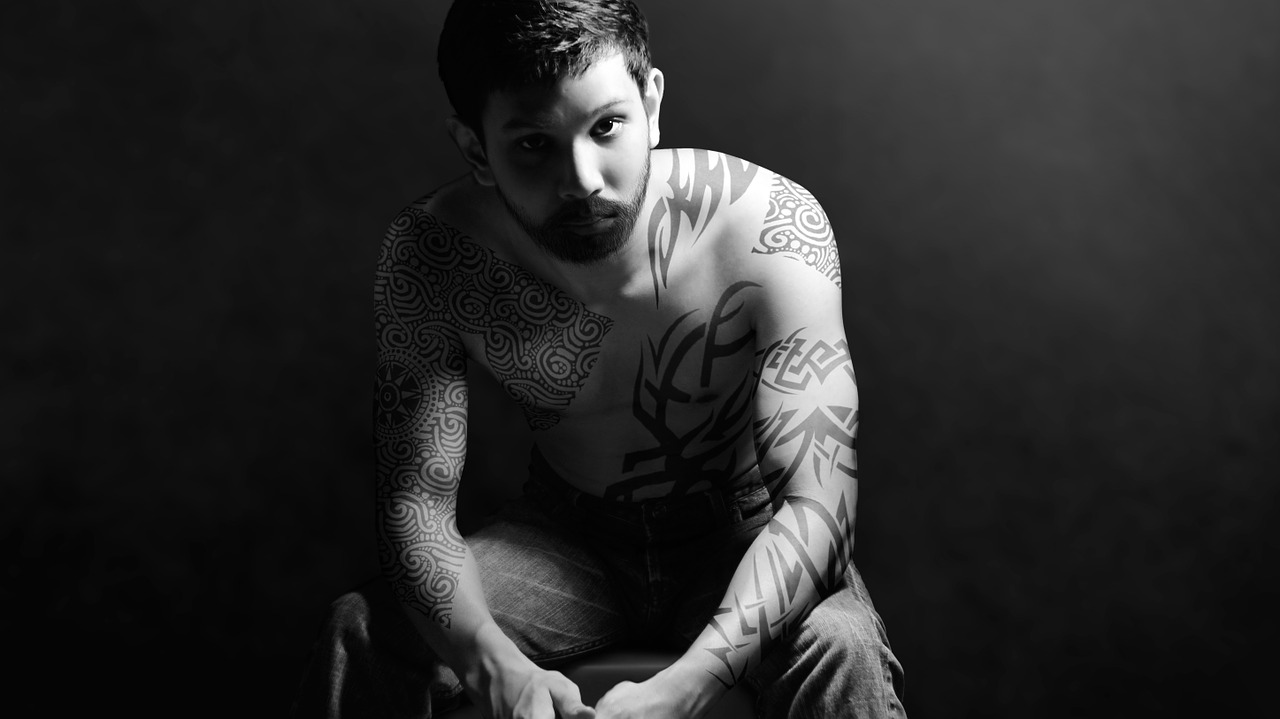For fifty years now I have been counseling men and the families who love them. It seems clear to me that men are becoming increasingly angry and depressed. I describe the reasons the underlying causes and solutions in my books The Irritable Male Syndrome: Understanding and Managing the 4 Key Causes of Depression and Aggression and in my new e-book, Mr. Mean: Saving Your Relationship From the Irritable Male Syndrome.
There are two reasons that are so pervasive that we often fail to recognize them: Male loneliness and male shame.
Males Have Fewer Friends Than Females
I conduct workshops on health and well-being for men and women all over the world. I’ll often ask the women in the audience, “How many of you have three or more close friends that you confide in and you reach out to in time of need?” Most all the women raise their hands. When I poll the men in the audience, almost no men raise their hands. At most men will have one close friend. Often, it’s their spouse. If problems arise in the relationship, most men are left completely on their own.
Surprisingly, loneliness is not only more common in men than women but is most common in successful men. In his book, Lonely at the Top: The High Cost of Men’s Success by Thomas Joiner, Ph.D. “men’s main problem,” says Dr. Joiner, “is not self-loathing, stupidity, greed, or any of the legions of other things they’re accused of. The problem, instead, is loneliness.”
In his book, Dr. Joiner shares his personal experiences with a father who committed suicide as well as studies of suicide which is much more prevalent in males than females. He cited a postmortem report on a man who had taken an overdose of pills. It read, in part, “He did not have friends…He did not feel comfortable with other men…He did not trust doctors and would not seek help even though he was aware that he needed help.”
The great friendships recorded in history have been between men, and friendships among men have often been romanticized and idealized. Men’s friendships have typically been described in terms of bravery and physical sacrifice in providing assistance to others. But rarely do these historical accounts celebrate interpersonal relationships characterized by closeness and compassion for other men. Gender researcher R.R. Bell says, “This has been so because masculine values have made those kinds of feelings inappropriate and highly suspect–they were unmanly.”
Despite the romantic view of the male friendship, researchers have found that men have significantly fewer friends than women, especially close friendships or best friends. Instead, men often have “activity friends” such as a weekly tennis partner or drinking buddy. The friendship is often based on the exchange of favors rather than emotional support. Men often are able to advance their careers with these kinds of friendships, but they fall short of what most of us need. As a result, many men feel isolated and angry.
Herb Goldberg, Ph.D. expressed the dilemma many men face in his book The Hazards of Being Male: Surviving the Myth of Masculine Privilege: “The male has paid a heavy price for his masculine ‘privilege’ and power. He is out of touch with his emotions and his body. He is playing by the rules of the male game plan and with lemming-like purpose, he is destroying himself—emotionally, psychologically and physically.”
Men are often cut off from the healing value of friendship and the problem gets worse as we age. Men tend to become more isolated as we age. “As they age,” says Dr. Joiner, “men tend to drift off and wither, and as they do, they avoid healthy fixes. Instead of attending to their health, men resort to fixes that feel like solutions in the short term, but aren’t.”
I’ve seen too many men who trade the “band-aid fixes” of drinking buddies or online friends, for the real emotional connections that we all need. It’s no wonder that so many men are irritable, angry, and depressed.
Antidote for Loneliness
It might seem obvious that men need to have more close friends. But it isn’t easy developing new friendships, particularly as we get older. Yet, it may be the most important health practice we can engage. I joined a men’s group in my late 30s after my first wife and I divorced. My group has been meeting now for more than 40 years. I started another men’s group recently. I see it as the best form of health and life insurance I could have. You don’t even need a group. Call a friend and get real. Tell him how you’re really feeling. You might be surprised to learn that he is feeling lonely too.
Males Carry a Great Deal of Hidden Shame
We’ve all experienced shame in our lives. We feel small and vulnerable. We want to disappear. “Shame,” says author Merle Fossum, “is feeling alone in the pit of unworthiness.” He describes shame as being much more deeply rooted than most people believe. “Shame is not just a low reading on the thermometer of self-esteem. Shame is something like cancer—it grows on its own momentum.”
Most of us cover our shame to protect ourselves from the pain. We wear suits of armor that gives the appearance that we are sure of ourselves, that we have our lives together, that we are invincible, and nothing can hurt us. I spent a lot of my early life hiding my shame. It wasn’t until I got in a men’s group that I felt safe enough to let my true feelings show.
Both shame and guilt are ways in which people experience feeling bad. Yet the two are quite different. Guilt involves feeling bad about what we do or fail to do. Shame is feeling bad about who we are, about our very being. I’ve found that men and women often experience shame differently. Women are more ashamed of their bodies, while men are more ashamed of how they are seen by others.
It was only after my father took an overdose of sleeping pills and was committed to the State Mental Hospital that I realized that something was wrong. He often appeared irritable and angry, but I never understood the struggle he was having making a living or the shame he felt at not being able to support his family. Millions of men today are out of work or are working at jobs that are meaningless or don’t utilize their real skills.
James Gilligan, M.D. has spent his professional life working with men who are angry to a point of violence. He believes that shame is the underlying feeling that is present in all angry and violent men. “I have yet to see a serious act of violence that was not provoked by the experience of feeling shamed and humiliated, disrespected and ridiculed,” says Dr. Gilligan, “and that did not represent the attempt to prevent or undo that ‘loss of face.’” We often hear it in the slang that men use as a reason they become angry and aggressive. “He dissed me,” men will tell you. Dissed is short for disrespected.
In our society today, too many men feel disrespected and ashamed. They often express their pain by becoming angrier and more aggressive. Men need more care and support, but often get punished.
Antidote for Shame
I’ve found that one of the first steps we can take in addressing shame is to accept it ourselves rather than denying it. Shame thrives in darkness and decreases when we shine the light of awareness on it. Gilligan says that violent men (and all men to some degree) have a carefully guarded secret about shame, that most would literally rather die than reveal. “The secret is that they feel ashamed—deeply ashamed, chronically ashamed, acutely ashamed, over matters that are so trivial that their very triviality makes it even more shameful to feel ashamed about them, so they are ashamed even to reveal what shames them.” We then need to be able to talk about our feelings of shame with a trusted friend, family member, or therapist. Also, we can all notice ways in which men are disrespected in society—jokes, media portrayals, cutting remarks and put-downs.
Women often want men to open up and share their feelings. But feelings of shame are often buried so deep they clog up our ability to feel at all. Until I joined a men’s group, I often felt I was a time-bomb waiting to explode. One of the main reasons I didn’t share my feelings with my wife was that I was afraid that once I began to feel again, I might hurt those I care about the most. Being part of a men’s group helped me to feel my feelings in a safe and supportive atmosphere.
If you have questions or comments, please share below or email me.
Soon, I’ll be offering a way to be more directly involved with me and to get your questions answered about specific ways to improve your love life including facing issues such as male anger.
It will be for men and women who want more, but can’t afford or don’t need weekly therapy sessions. To make it the best it can be and fit your specific needs, I’d like your feedback. I have a quick questionnaire I’d like you to take that lets me know what you might like from such a community. It won’t take you long to fill out. Please do so here.
This article first appeared on Jed’s blog.





